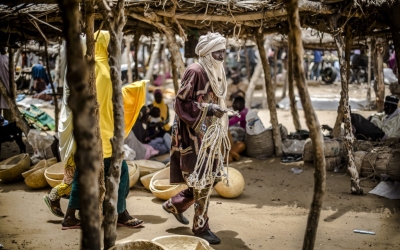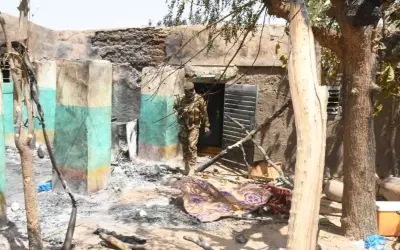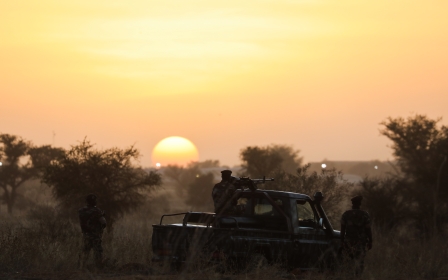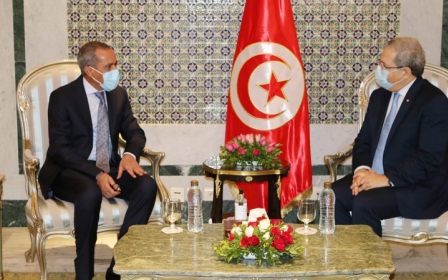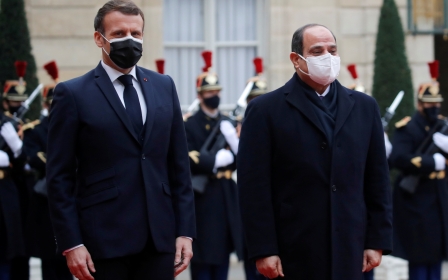Algeria uncovers ransom payment linked to hostage exchange agreement in Mali
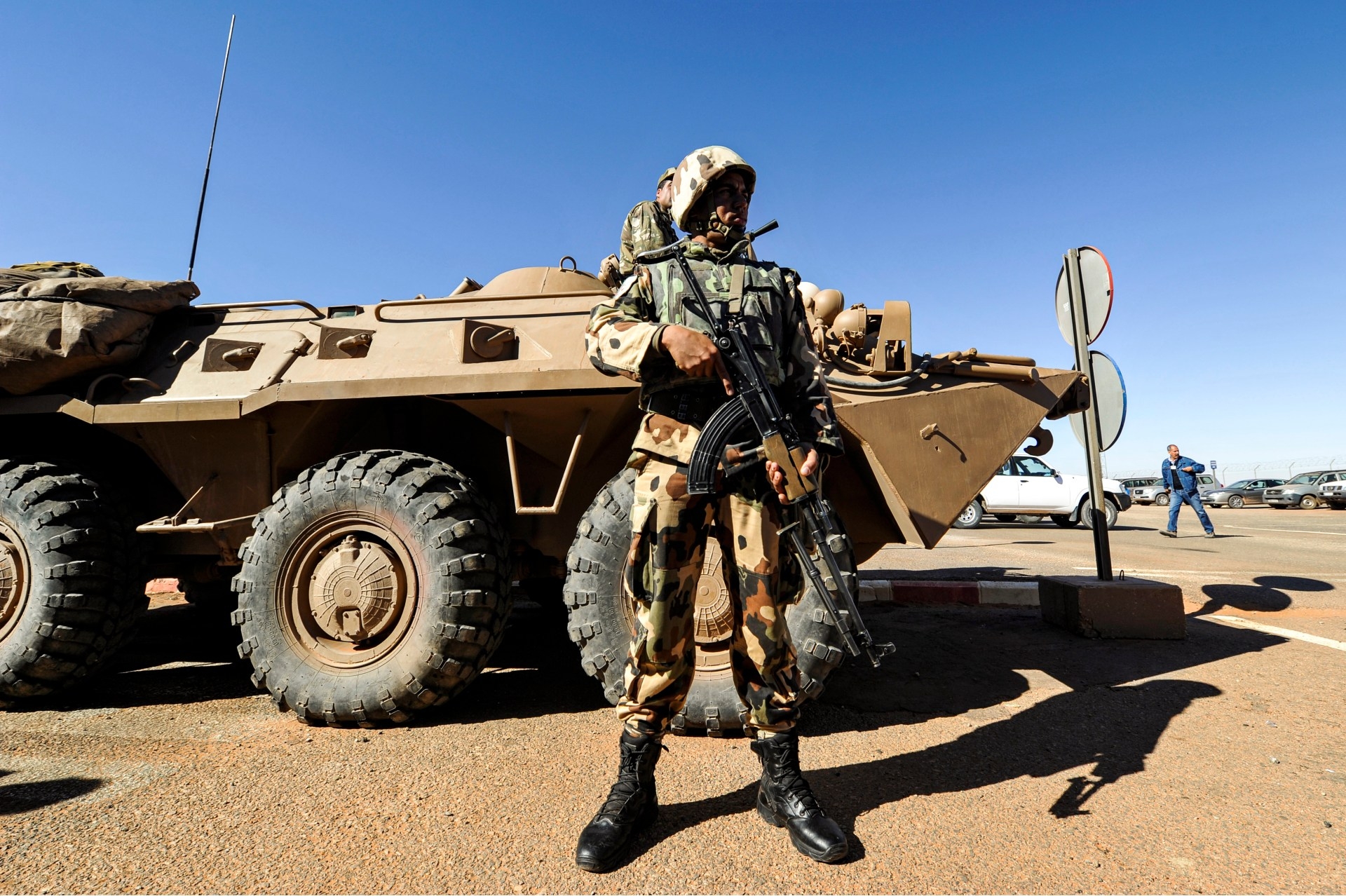
A large sum of ransom money was discovered by the Algerian army in Algeria's northeast on Monday, believed to be part of the amount paid for the release of hostages in the Sahel in October.
According to a statement released by the Ministry of Defence, the discovery of 80,000 euros ($98,000) was made during a raid carried out in Jijel province, where militants regularly operate.
New MEE newsletter: Jerusalem Dispatch
Sign up to get the latest insights and analysis on Israel-Palestine, alongside Turkey Unpacked and other MEE newsletters
The statement confirmed that the sum "turned out to be the first instalment of the ransom... meant to be paid for the benefit of remnants of terrorist groups tracked down by Algerian security services".
The discovery was made in part due to information obtained following the capture of militant Rezkane Ahcene, known as Abu Dahdah, on 16 December in Jijel, a region in the north of Algeria where earlier this month three armed fighters and an army sergeant were killed during clashes.
In October, Malian authorities negotiated with Islamist group Jamaat Nusrat al-Islam wal Muslimeen (JNIM) for the release of 200 prisoners, several of whom were militants with al-Qaeda in the Islamic Maghreb, in return for four civilian hostages, who included French hostage Sophie Petronin.
Some of the released prisoners have since been arrested by the Algerian authorities after they were intercepted at the North African state's borders. At the time of the hostages' release, Algiers deplored "the payment of a large ransom for the benefit of terrorist groups".
One of the militants, an Algerian national by the name of Mustapha Derrar, who was arrested shortly after his release in October, made some damning revelations about the ransom payment, claiming that the payment made could have been as high as "30 million euros".
The hostage exchange in October has fuelled tensions between Paris and Algiers, with the latter strongly criticising "questionable practices" involving paying ransoms to "terrorist" groups, which it believes enables militant groups by helping them procure income.
Since 2012, the conflict in the Sahel has seen the rise of several militant groups, which often draw fighters along tribal lines, all competing for influence in the region. The fighting has taken 6,500 lives and forced 2.7 million people to flee their homes.
Ransoms as 'dubious practices'
During a visit to Algeria by French Foreign Minister Jean-Yves Le Drian on 15 October, Algiers expressed its anger and accused Paris of not coordinating a matter directly concerning the North African country's national security.
Algiers has previously described paying ransoms to militant groups as "dubious practices" that are "contrary to UN resolutions".
Earlier this month, in an implicit reference to France, Algerian Prime Minister Abdelaziz Djerad expressed Algeria's "great concern of the continuation of transfers, for the benefit of terrorist groups, of colossal funds... for the release of hostages".
Djerad added how the approach "undermines" Algier's "efforts to fight terrorism". France has continually denied having been involved in the October negotiations and the ransom payout.
Djerad's statement came after France recently announced it was considering a "targeted" reduction in the number of visas granted to countries, in particular Algeria, that are reluctant to take back their illegal nationals as well as individuals suspected of radicalisation.
Ransom payments for the release of western hostages in the Sahel are common. However, details of the exchanges are usually hard to ascertain due to officials in the negotiating parties refusing to divulge much information.
Middle East Eye delivers independent and unrivalled coverage and analysis of the Middle East, North Africa and beyond. To learn more about republishing this content and the associated fees, please fill out this form. More about MEE can be found here.


